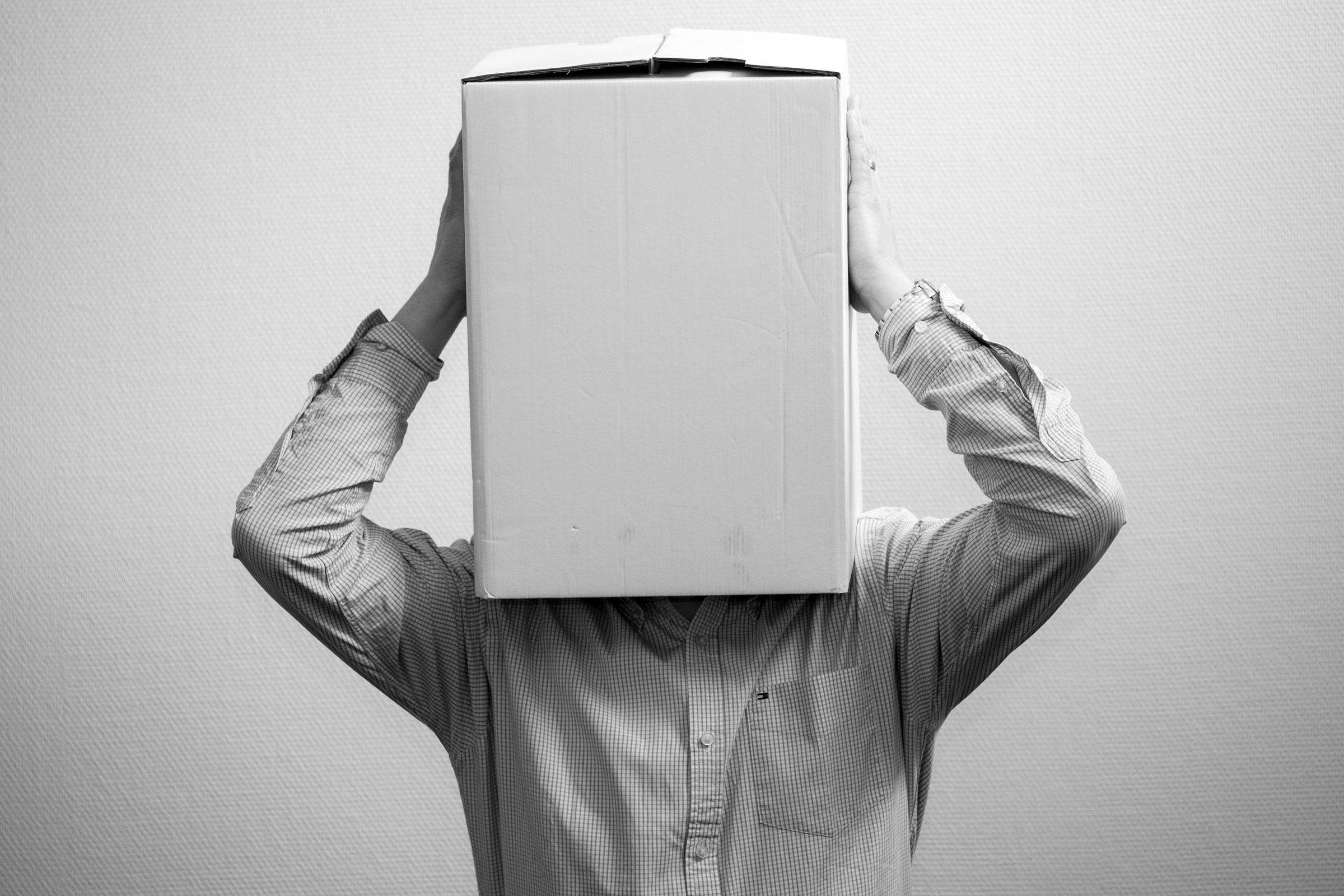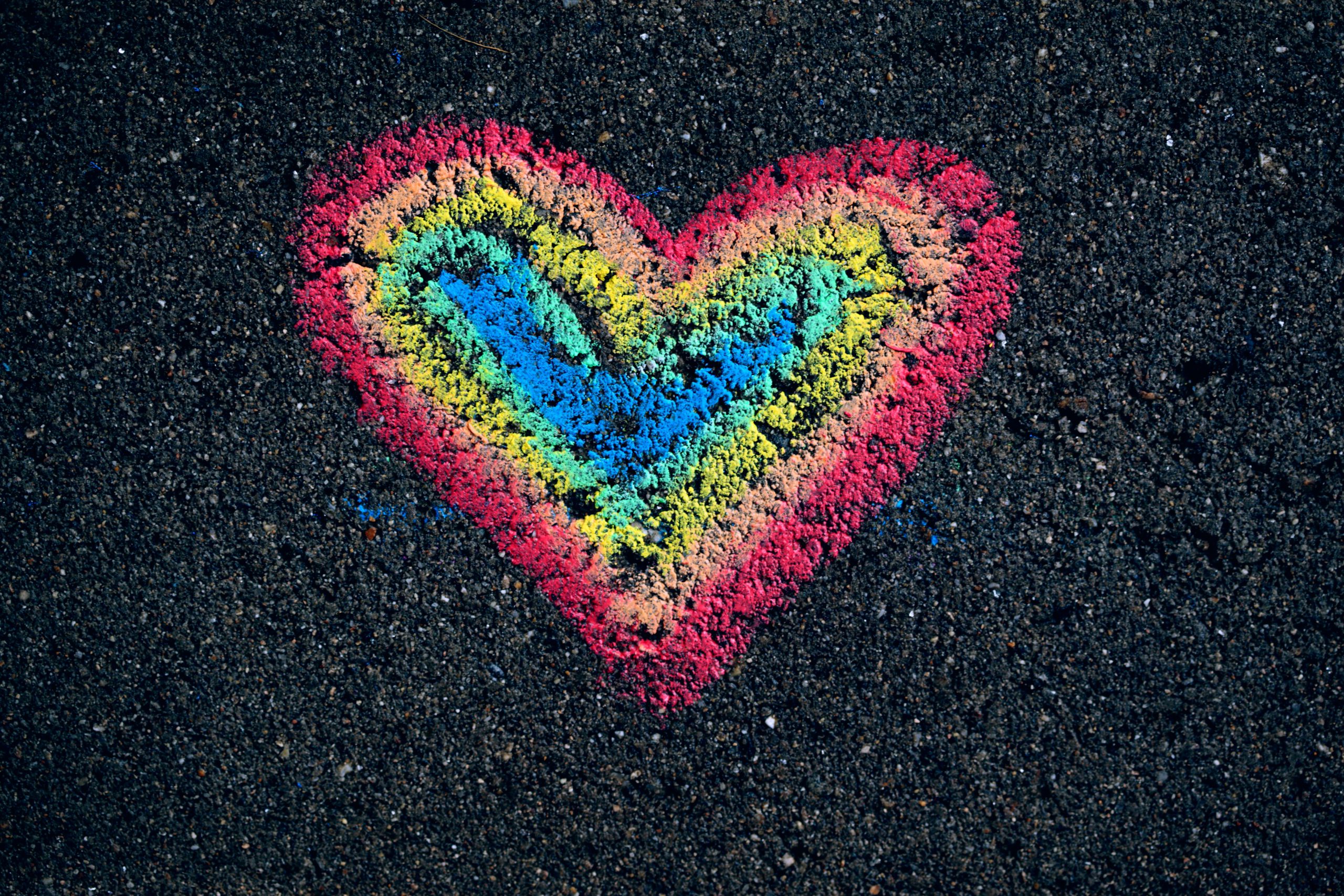People experiencing poor mental health may manifest their distress by having a crisis, such as breaking down in tears, having a panic attack, or feeling suicidal.
Witnessing someone in a state of crisis can be triggering and you may also feel a sense of crisis too, but it’s important to stay calm. Seeing, hearing or believing things that no-one else does can be the symptom of a mental health problem. It can be frightening and upsetting. Gently remind the person who you are and why you are there. Don’t reinforce or dismiss their experiences, but acknowledge how the symptoms are making them feel.
There are some general strategies that you can use to help:
- Listen without judgement and concentrate on what their needs are in that moment.
- Ask what would help them, don’t assume you know what the best way to help is.
- Avoid confrontation and try to remain calm.
- Ask if there is someone they would like you to contact.
- Reassure them and signpost them to practical resources or specialised organisations.
- Encourage them to seek appropriate professional help.
- If they have hurt themselves, make sure they get the medical support they need.
When someone is experiencing very poor mental health, they may tell you that they are feeling suicidal. If you suspect someone is thinking of taking their own life, it is crucial to act fast and encourage them to get immediate help. You or they should contact a GP or the emergency care NHS number 111, or the Samaritans who are a specialised suicide prevention charity, that offer 24/7 free support by calling 116 123 (UK). Remember that they could also get help from their friends, family, or mental health services.
If you feel strong and calm enough, you can ask how they are feeling and let them know that you are available to listen. Talking can be a great help to someone who is feeling suicidal, but it may be distressing for you. So, it is also very important that if you choose to do this, you also talk to someone about your feeling (the Samaritans can help you as well).
Author: Sarah Speziali, Chief Therapist at InsideOut








